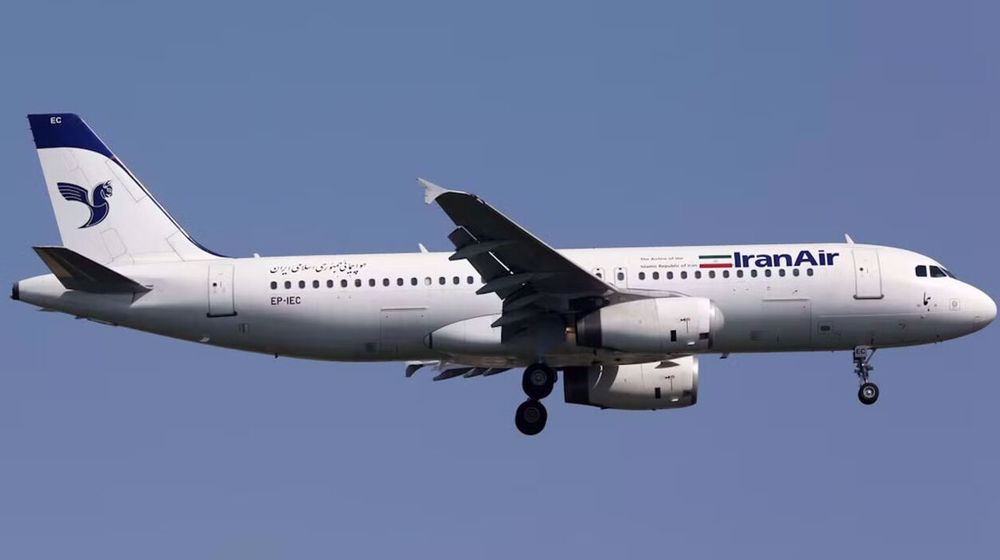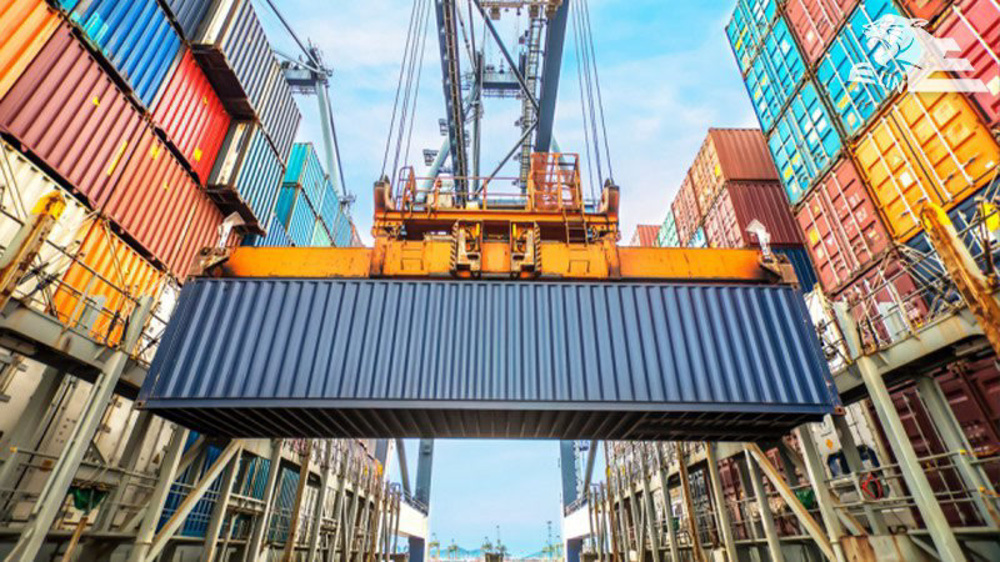US imposes sanctions on Iran’s shipping network
The United States has imposed sanctions on an Iranian shipping network – several tankers, companies and insurance firms -- accusing it of supplying millions of barrels of oil to Syria.
The US Treasury Department announced the illegal sanctions on Wednesday on 16 entities, 10 people, including a former Iranian oil minister, and 11 vessels, as Washington continued its campaign of “maximum pressure” against Tehran and, seeking rise in tensions in the Middle East region.
The sanctions also targeted an Indian firm with an interest in the Adrian Darya 1, the Iranian tanker that has been cruising the Mediterranean since its release from detention by authorities in Gibraltar in July.
The Treasury Department's Office of Foreign Assets Control action froze any assets in the United States of the designated entities and prohibited American citizens and companies from doing business with them.
Meanwhile, Brian Hook, the US special representative for Iran, said on Wednesday the United States would not provide any sanctions waivers to accommodate a French proposal to extend a $15 billion credit line to Iran.
"We did sanctions today. There will be more sanctions coming. We can't make it any more clear that we are committed to this campaign of maximum pressure and we are not looking to grant any exceptions or waivers," Hook told reporters.
On Tuesday, the United States imposed sanctions on Iran’s space program. Iran’s space program and two of its research institutes have been sanctioned, according to US Secretary of State Mike Pompeo.
“The United States will not allow Iran to use its space launch program as cover to advance its ballistic missile programs. Iran’s August 29 attempt to launch a space launch vehicle underscores the urgency of the threat,” claimed the former CIA chief.
Washington claims that the measure is aimed at preventing Iran from nuclear weapons. Tehran has maintained that its nuclear and space programs are merely peaceful.
On Friday, the United States blacklisted Adrian Darya 1 and sanctioned its captain. The US earlier threatened those potentially assisting the return of the tanker that had been released by Gibraltar after more than a month of detention there by Britain.
Last week, Washington expanded its anti-Iran sanctions by targeting several companies and individuals over alleged links to the Iranian government and military organizations.
The Treasury Department blacklisted two networks on August 28, accusing them of having ties with the Iranian government and the Islamic Revolution Guards Corps (IRGC).
In May last year, President Donald Trump unilaterally pulled the US out of a 2015 nuclear deal with Iran and five other countries and has re-imposed sanctions on the country, including penalties on Iran's Foreign Minister Mohammad Javad Zarif. The move has drawn a firestorm of rebukes for Trump and his administration.
In July, the Treasury Department imposed sanctions on seven companies along with three individuals it claims helped procure materials for Iran’s nuclear program.
“Treasury is taking action to shut down an Iranian nuclear procurement network that leverages Chinese- and Belgium-based front companies to acquire critical nuclear,” Treasury Secretary Steven Mnuchin said.
In June, Trump announced sanctions against Iran, targeting the Leadership of the Islamic Revolution Ayatollah Ali Khamenei and top IRGC commanders.
Iran responded denouncing the US sanctions against Iran as a sign of weakness.
In May, Iran informed the five remaining signatories to the 2015 nuclear deal - the UK, Germany, Russia, China and France - of its decision to suspend the implementation of some of its commitments under the agreement, exactly one year after the United States unilaterally abandoned it.
Iran warned that in 60 days it would resume refining uranium to a higher fissile degree if Europe failed to shield its trade from US sanctions.
Latest ballots polls show Harris, Trump tied as voting continues
UNRWA warns of humanitarian collapse in Gaza
'Hello my enemies': Lebanese journalist on Israeli threats and his resolve to continue
Outrage in France as MP proposes bill to ban criticism of Israel
VIDEO | The strategy of Hezbollah in war
Israeli military withdraws several brigades from southern Lebanon: Report
48-year-old Palestinian man serving 48 life terms completes 22 years in Israeli jails
From MKO to Tondar, how Germany became safe haven for anti-Iran terror groups
















 This makes it easy to access the Press TV website
This makes it easy to access the Press TV website